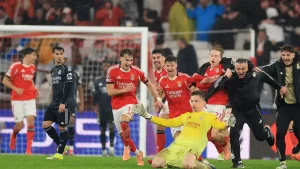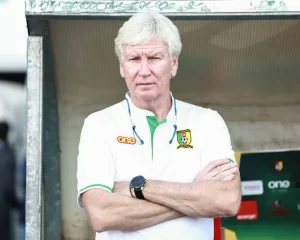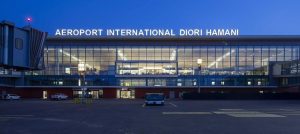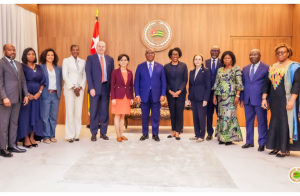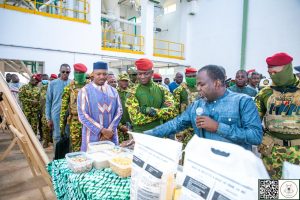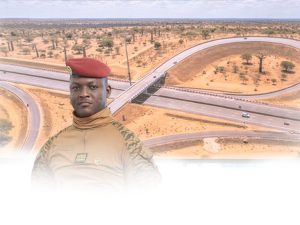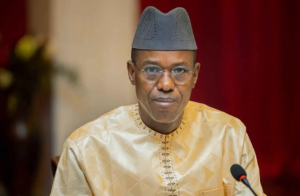Burkina Faso: Captain Ibrahim Traoré has once again taken a giant step towards food self-sufficiency
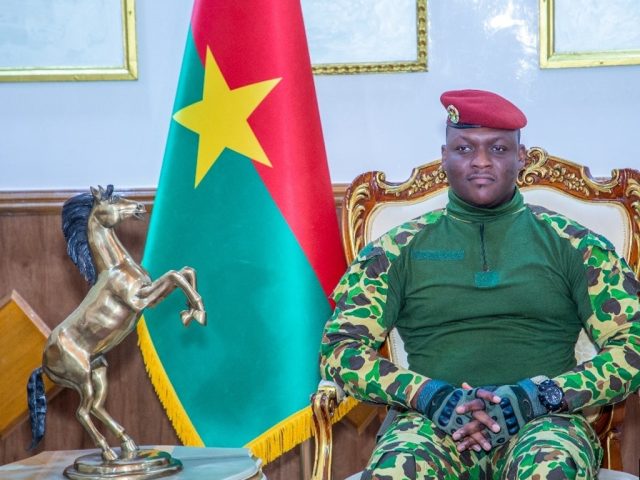
Since taking office, President Ibrahim Traoré has consistently shown his determination to achieve food self-sufficiency for Burkina Faso.
His clear and ambitious vision for the agricultural sector has led to significant initiatives, reflecting his unwavering commitment to the welfare and prosperity of his people.
To realize his vision of food self-sufficiency, President Traoré has implemented a series of strategic measures aimed at strengthening national agricultural production.
One of his top priorities has been ensuring the availability of high-quality agricultural inputs in sufficient quantities.
These essential inputs have enabled Burkinabe farmers to optimize their yields and produce more food for the local market.
Additionally, the purchase of several hundred tractors has revolutionized the agricultural sector by modernizing farming techniques.
This increased mechanization has facilitated farmers’ work, improved productivity, and significantly reduced the manual labor required for soil preparation and harvesting.
A recent milestone in President Traoré’s quest for food self-sufficiency is the adoption of an agricultural program worth over 120 billion CFA francs.
This ambitious program aims to further modernize Burkina Faso’s agricultural sector by integrating advanced technologies and sustainable farming practices.
The substantial funding will not only strengthen existing agricultural infrastructure but also foster innovative initiatives to enhance food production and distribution.
The program includes training projects for farmers to equip them with the necessary skills to effectively use new agricultural technologies and techniques.
Through his actions and investments, President Ibrahim Traoré demonstrates a strong commitment to the food security of Burkina Faso.
By implementing ambitious programs and adopting innovative strategies, he is paving the way for a future where Burkina Faso can not only meet its own food needs but also export surpluses and bolster its economy.
Chantal TAWELESSI

